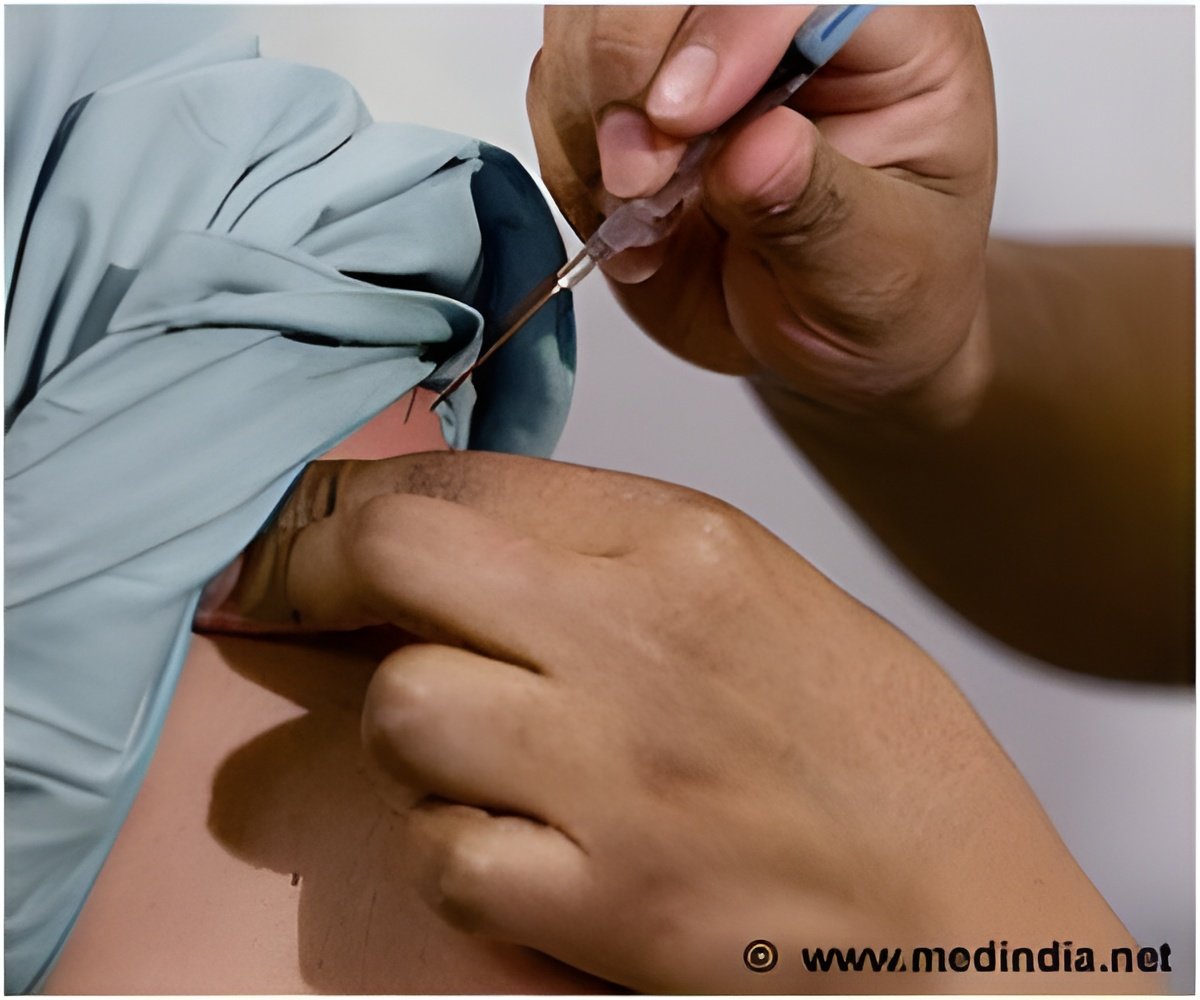The cost-effectiveness of needle and syringe programmes in the UK is being studied here. They indeed have been found to be reducing the HCV transmission.

‘In three areas, current needle and syringe programmes resulted in lower healthcare and treatment costs compared to if the programmes were stopped. They also saw an estimated cost-savings of £159,712 in Bristol and £2.5 million in Dundee.’





Hepatitis C is a blood-borne virus that can seriously damage the liver and cause death if left untreated. Over 200,000 people are infected with HCV in the UK, and over 90% of new infections are acquired through injecting drugs. Needle and syringe programmes provide sterile injecting equipment and other prevention and support services. In the UK, they are delivered through pharmacies, mobile vans, and specialist agencies.The research, funded by the National Institute for Health Research (NIHR) and published in the journal Addiction today, is the first study to evaluate the cost-effectiveness of needle and syringe programmes in Western Europe.
Using data from three cities with different levels of HCV infection among people who inject drugs - Bristol (45%), Dundee (26%) and Walsall (18%) - the researchers estimated the costs of existing needle and syringe programmes in each city, used mathematical models to estimate their impact on the spread of HCV infection, then estimated the cost-effectiveness of the programmes in each city. They projected how the spread of HCV would increase if all needle and syringe programmes were stopped for the first ten years of a 50-year time period (2016-2065).
In all three areas, current needle and syringe programmes resulted in lower healthcare and treatment costs compared to if the programmes were stopped. There were estimated cost-savings of £159,712 in Bristol and £2.5 million in Dundee.
There were also projected reductions in the number of HCV infections - by 8% in Bristol and Walsall and 40% in Dundee between 2016 and 2065 - and improvements in the quality of life among people who inject drugs. Gains in quality-adjusted life years (QALYs), a measure of life years saved and their quality of life, were 502 in Bristol, 195 in Dundee and 192 in Walsall.
Advertisement
Dr. Zoe Ward, from the NIHR Health Protection Research Unit in Evaluation of Interventions at the University of Bristol and co-lead author of the study, said: "We have evaluated the impact and cost-effectiveness of needle and syringe programmes in the UK for the first time. The results are clear. Needle and syringe programmes not only reduce the number of new HCV infections among people who inject drugs and improve their quality of life, but they are also low-cost, excellent value for money and, in some areas, save money, which is good news for our cash-strapped local authorities. We hope that Public Health England and local government commissioners and policymakers will take note and continue to commission needle and syringe programmes, which are currently under threat of funding cuts."
Advertisement
Sedona Sweeney, from the London School of Hygiene & Tropical Medicine, who led the economic evaluation, said: "Access to this type of data can be so important in helping policymakers make tough decisions about how to invest in public services. Our results very clearly indicate that needle and syringe programmes are likely to be a strong investment choice - not only in the UK but also other parts of the world where there are similar levels of hepatitis C infection among people who inject drugs.
"It is imperative that countries follow the recommendations of the World Health Organization by scaling up the provision of needle and syringe programmes and opioid substitution therapy. Our findings provide important new evidence to demonstrate that not only could this lead to fewer people being infected with this potentially life-changing virus, but could also save money for other local services, which means better health and social care for everyone."
Source-Eurekalert















